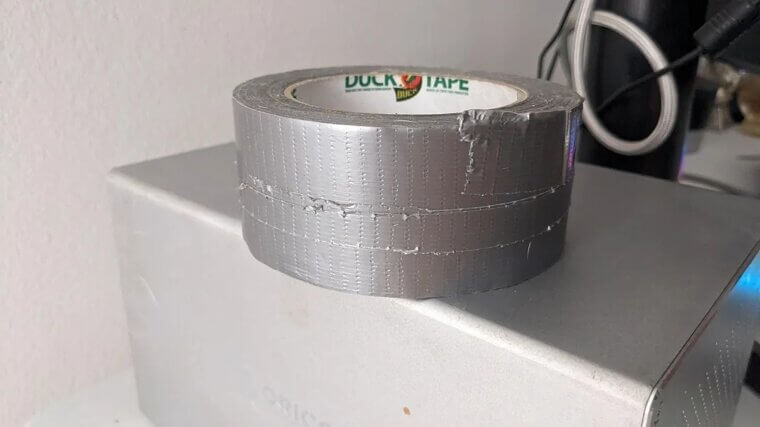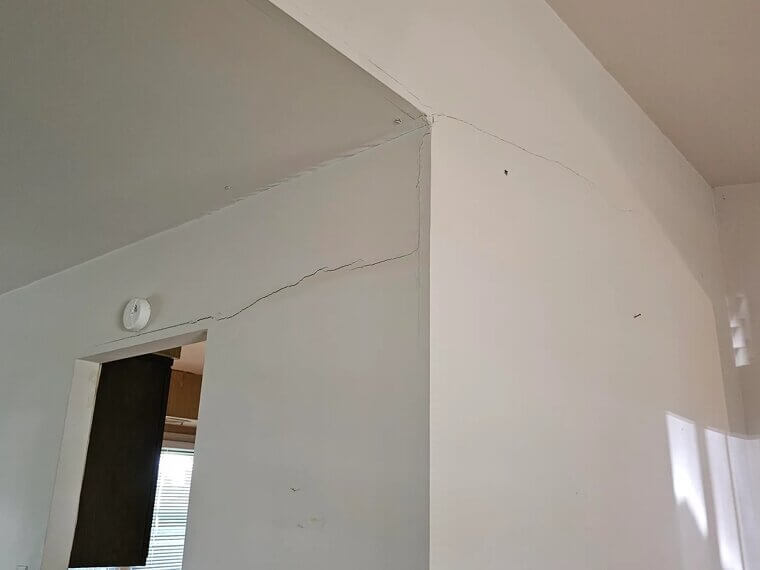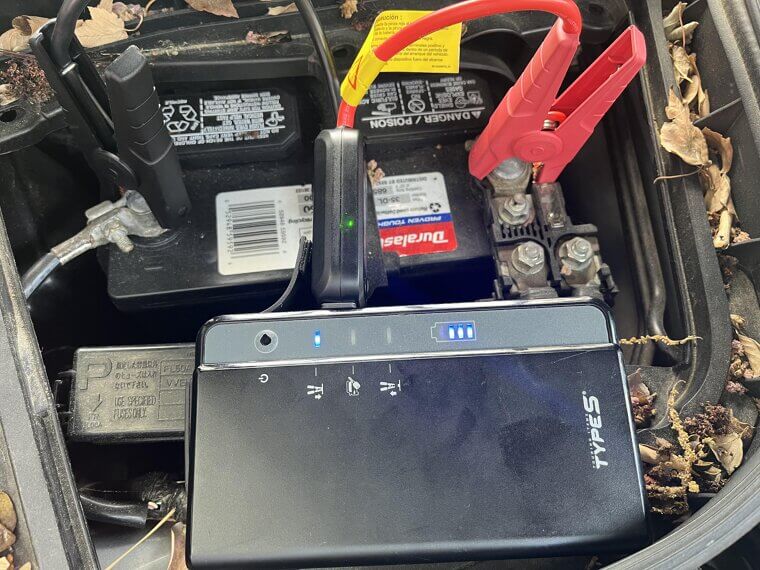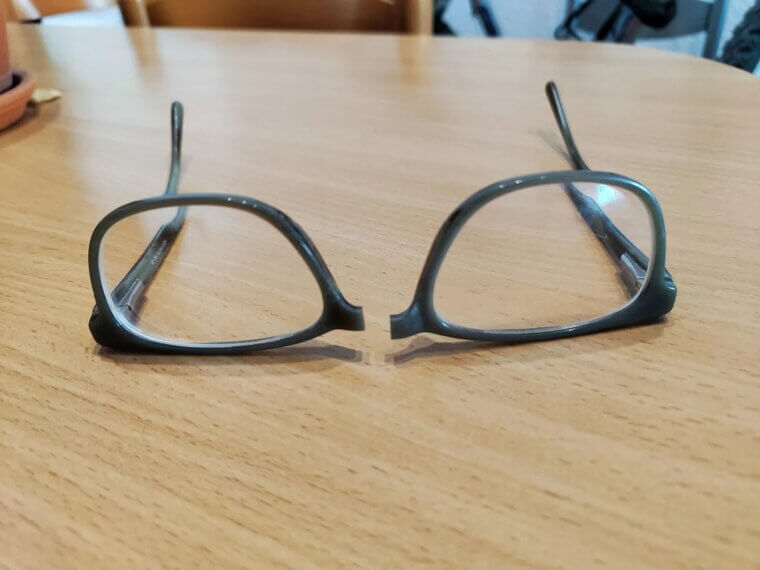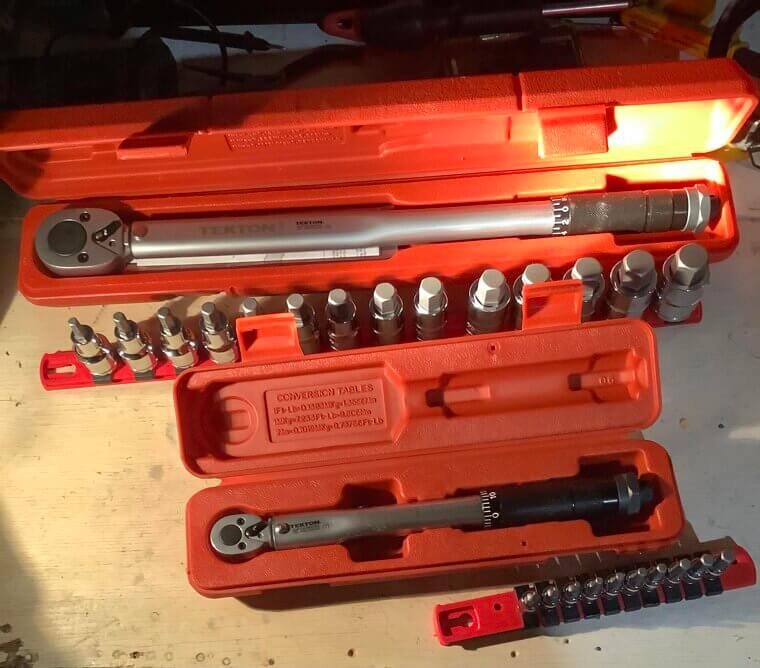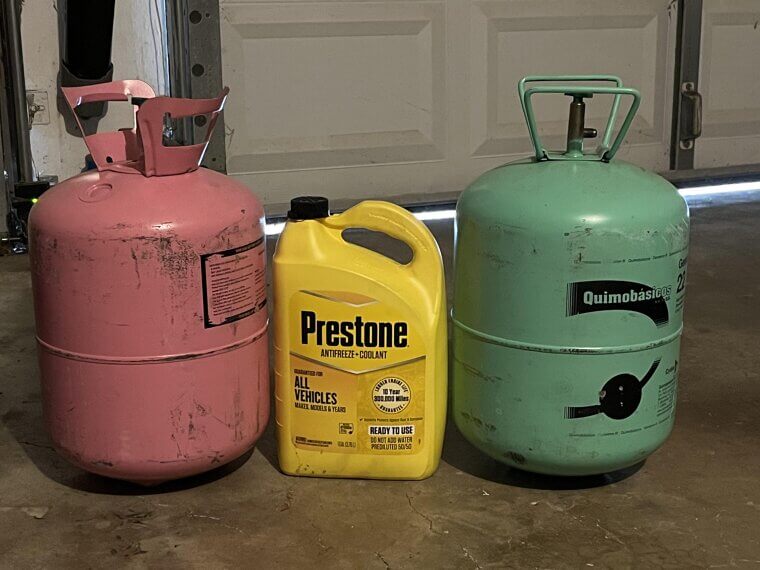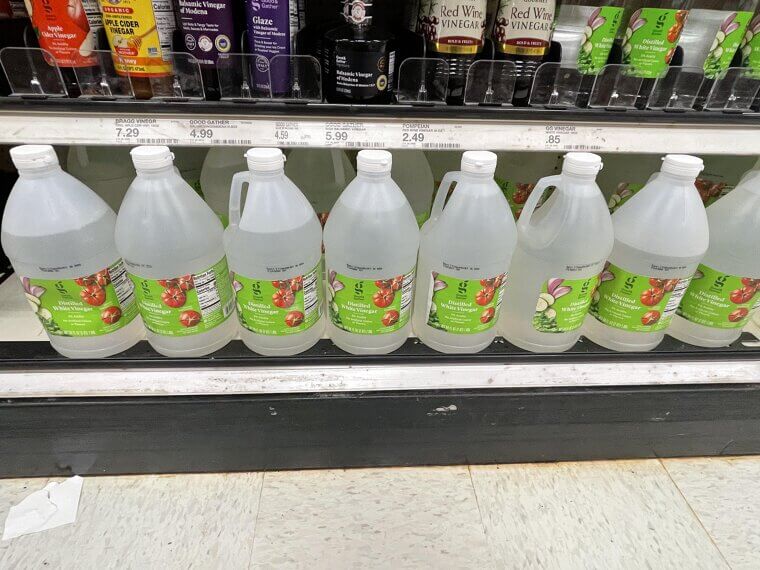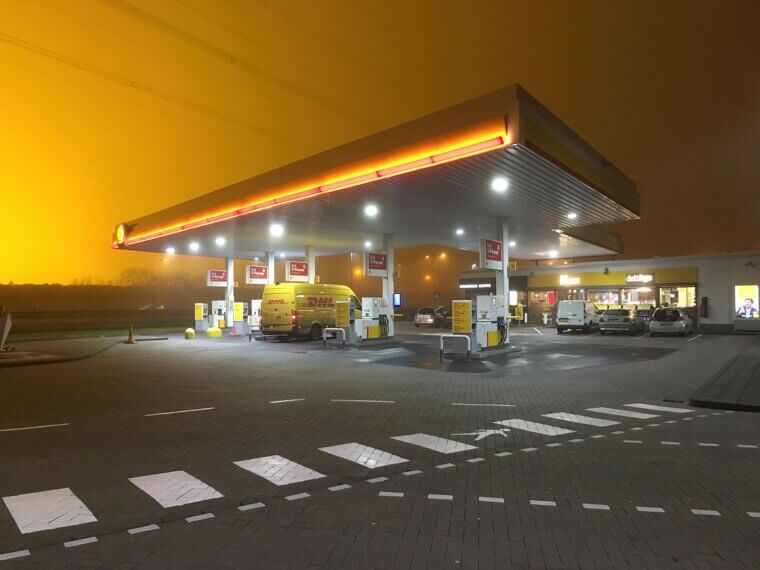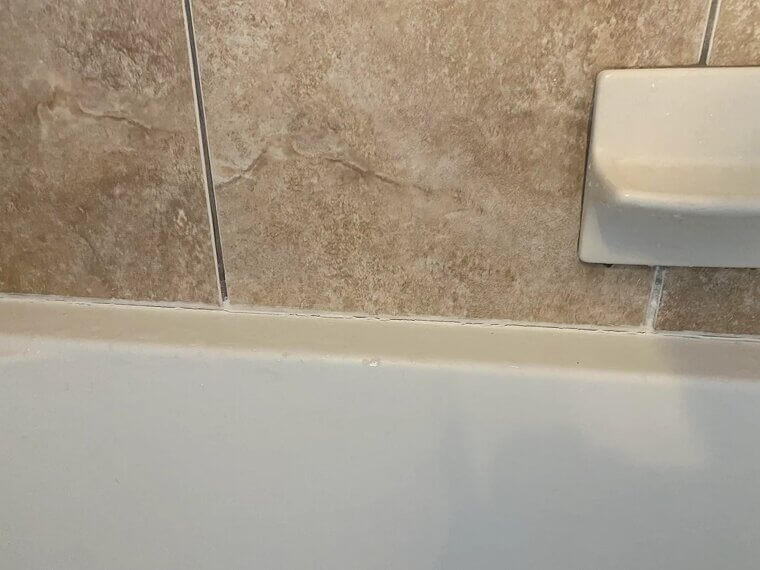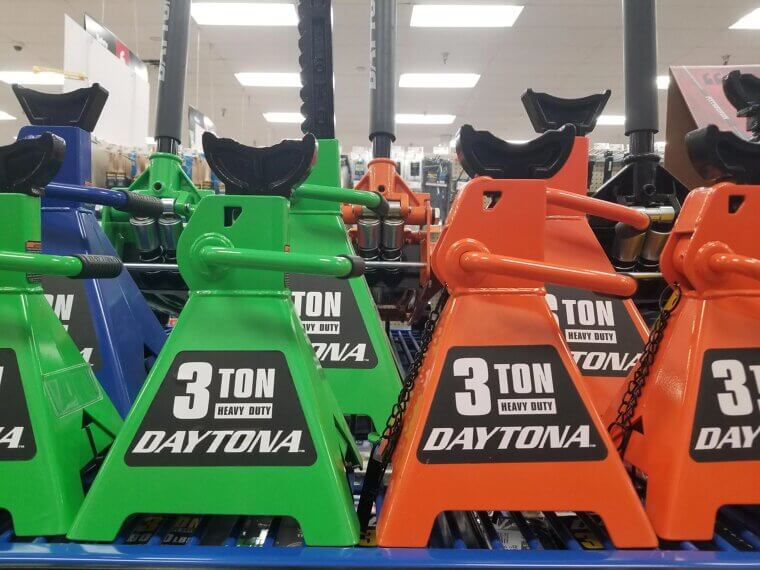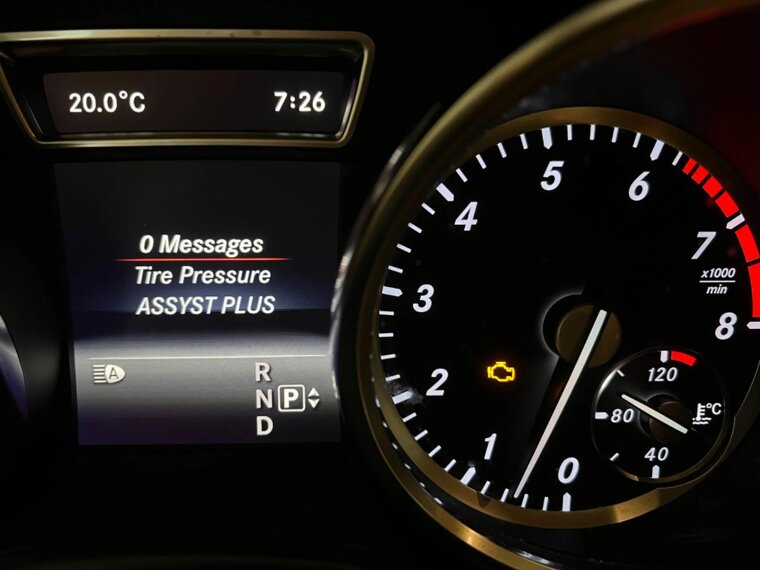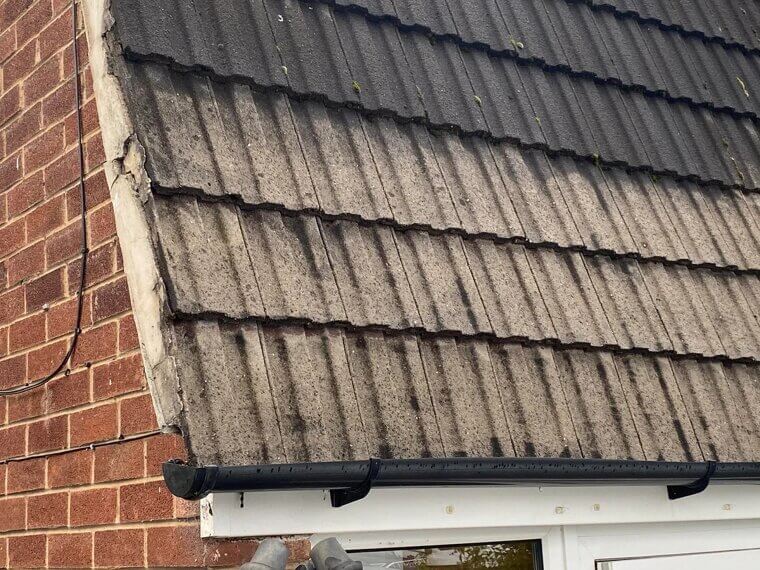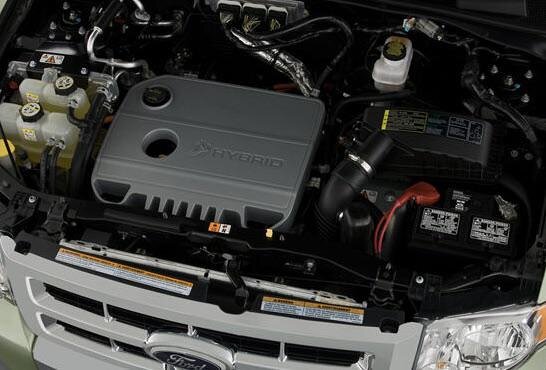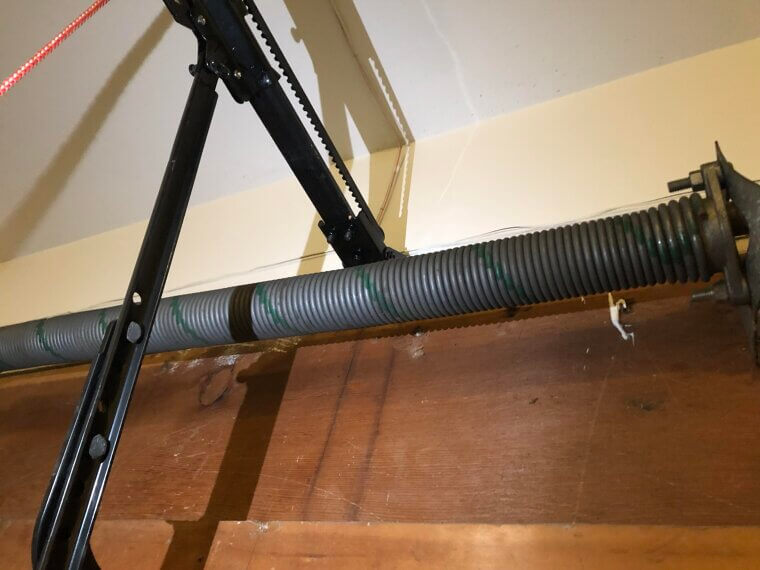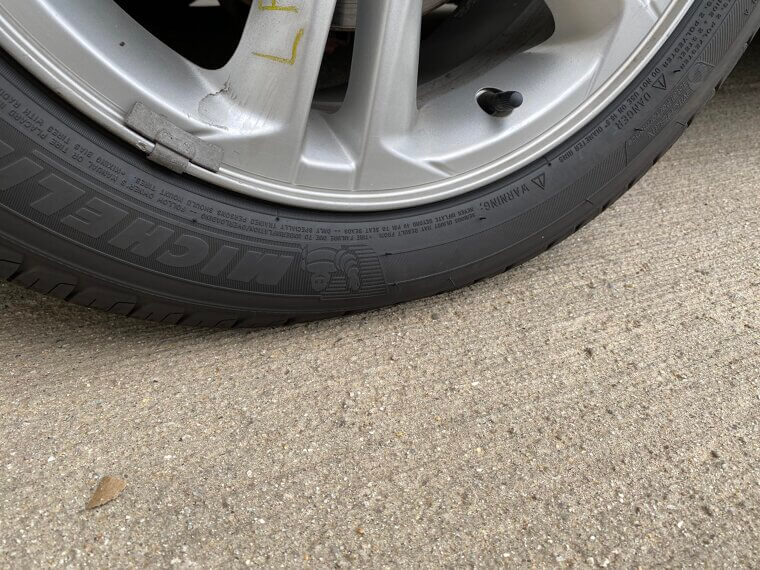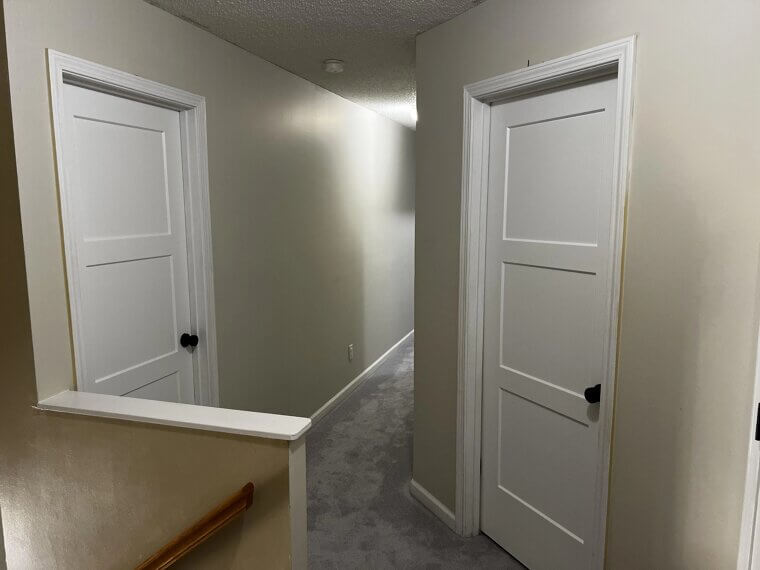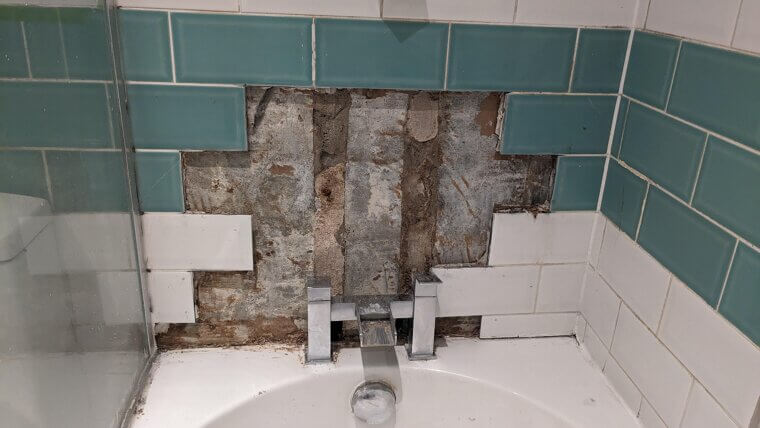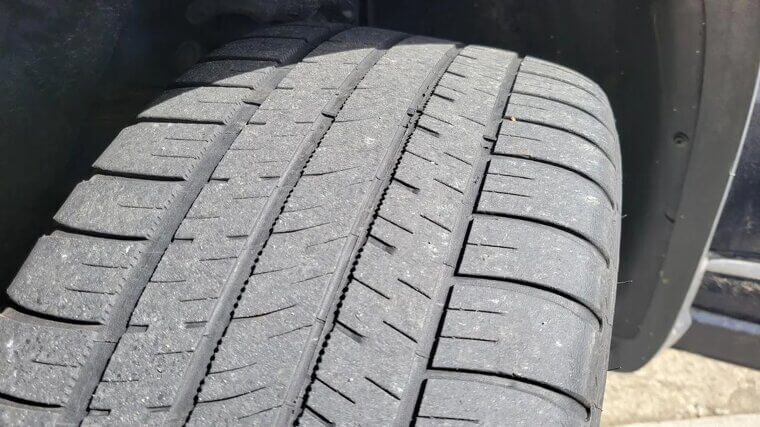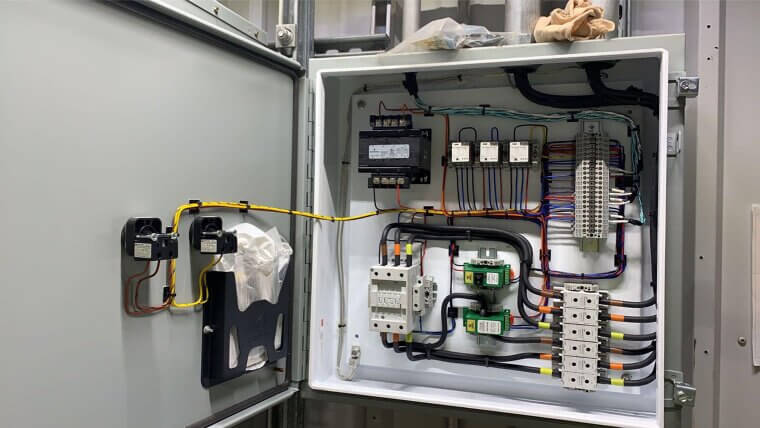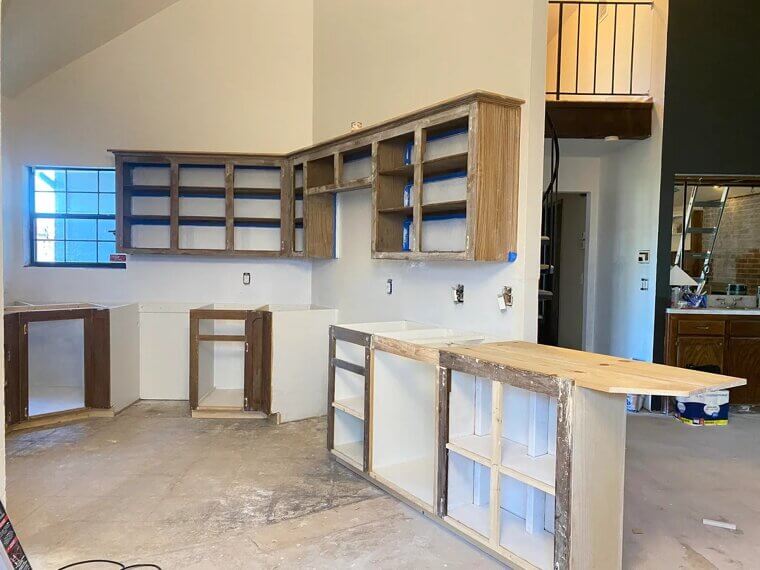DIY Repairs That Will Cost More Eventually
DIY fixes make you feel like a genius, but some “money-saving” hacks actually cost more in the long run. Before you trust that “life hack,” check out these 20 repair myths that could cost you big time.
Duct Tape Can Fix Just About Anything
Duct tape is a DIY darling, but it’s not magic. It’ll melt under your car hood, peel off plumbing, and doesn’t belong near wiring. It’s a short-term band-aid, not a fix. For real repairs, use the right materials or expect the “quick fix” to fail spectacularly (and expensively).
You Can Fix a Wall Crack With Just Paint
Painting over a crack won’t stop it from spreading. What seems like a cosmetic issue could cost thousands later. Always repair first, then paint. Your wall deserves more than a cover-up job.
Jumpstarting a Dead Battery Solves Everything
Jumpstarting gets your car going, but it doesn’t solve anything. If your battery keeps dying, it could be a bad alternator, corroded cables, or a phantom drain. Ignoring it means you’ll keep calling your neighbor for jumper cables or end up stranded with a battery that’s totally toast.
Superglue Fixes Broken Eyeglasses
Superglue on glasses can fog lenses, ruin frames, and leave your specs looking like a preschool craft project. It also makes future repairs tougher. Instead, visit an optician for a proper fix or keep rocking that crooked frame look and hope no one notices.
You Don’t Need a Torque Wrench for Car Repairs
“Just tighten it until it feels right” is how you strip threads or snap bolts. Torque specs exist for a reason, especially for brakes, wheels, and engine components. Using a torque wrench ensures safety and longevity. Your car’s not the place to play “close enough.”
You Can Recharge a Dead AC With a Can From the Store
Those DIY refrigerant cans promise cold air in seconds, but overcharging your system can wreck your compressor. Without checking for leaks or proper pressure, you’re guessing. And if you guess wrong? You’ll be sweating over a big repair bill instead of basking in a cool breeze.
Vinegar Fixes Everything, Even Clogged Drains
Vinegar’s good for salads and some cleaning jobs, but unclogging drains? Not so much. That fizzing mix of baking soda and vinegar is more fun than effective. For real clogs, you’ll need a snake or a plumber unless you enjoy ankle-deep shower water and mystery smells.
Putting Diesel in a Gas Car (or Vice Versa) Isn’t That Bad
Mixing fuel types can ruin your engine, fuel lines, and injectors. Even a few wrong drops can mean thousands in repairs. If you misfuel, don’t start the car; call for a tow.
Caulk Can Fix a Leaky Shower Forever
Caulking over leaks without removing old, moldy layers just seals in trouble. Moisture will find a way behind the wall, and mold will throw a party. Proper caulking requires prep, clean surfaces, and drying time. Slapdash jobs only lead to bigger bills later.
You Can Rotate Tires Without a Jack Stand
Propping your car up with just a jack while you rotate tires is a game of Jenga with your life. Jacks can slip or fail, and if you’re underneath? Yikes. Always use jack stands or ramps. Your safety isn’t worth saving 20 minutes and a trip to the shop.
You Can Just Reset the Check Engine Light
Clearing that dashboard warning might make it look like everything’s fine, but it doesn’t fix anything. Ignoring a real problem, like an oxygen sensor or misfire, can lead to major engine damage.
Power-Washing Your Roof Is a Good Idea
Blasting moss off your roof sounds satisfying until you destroy your shingles and force water under them. High pressure can shorten your roof’s life and void warranties. A gentle cleaning method or a pro roof wash is smarter and less likely to end with leaks in the attic.
More Antifreeze Means Better Protection
This is not a case of “the more, the merrier”. Too much antifreeze without proper water dilution can cause overheating and poor coolant flow. Stick to the 50/50 mix unless your owner’s manual says otherwise.
You Can Replace a Garage Door Spring Yourself
Unless you enjoy dodging 200-pound doors and flying metal, don’t mess with garage springs. They’re wound under high tension and can cause serious injuries. It might seem like a simple task, but one wrong move can land you in the ER or take out your car windshield.
Patching a Tire With Fix-A-Flat Is Good Long-Term
That bubbly goo works once to get you to the shop. It’s not meant for long drives or repeated use. Driving on a plugged tire for too long can lead to a blowout or rim damage. Don’t make it a lifestyle; get the tire fixed or replaced.
You Can Silence a Squeaky Door With Cooking Oil
Olive oil isn’t a hardware solution. It temporarily masks squeaks but attracts dust, thickens, and gums up hinges. Before you know it, you’ve got a sticky mess. Use silicone spray or WD-40 instead.
Anyone Can Tile a Bathroom With YouTube and Grit
It looks easy online, but DIY tile jobs end in uneven lines, cracking grout, or water damage. Without the right tools, prep, and technique, your dream spa bathroom turns into a moldy regret. Sometimes hiring a pro is cheaper than redoing the job twice.
You Don’t Need to Balance Tires After Replacing Them
Skipping the balancing for new tires means you’re in for vibrations, uneven tread wear, and a shorter tire life. It’s not optional if you want a smooth ride. Spend a little extra now, or replace those new tires way sooner than you planned.
Electrical Repairs at Home Are “Just Wire Matching”
Wrong wire, wrong breaker, wrong move, and now you’re playing with fire. Literally. DIY electrical work without knowledge or permits can lead to shorts, shocks, or house fires. Labeling colors doesn’t make you an electrician. Hire a pro unless you really want to see sparks fly.
You Don’t Need a Permit for Small Renovations
Installing a deck? Finishing a basement? Replacing a water heater? You might need a permit, and skipping it could void insurance, stall a home sale, or rack up fines. Even small jobs can have big legal consequences if you don’t check local codes. When in doubt, call City Hall.


